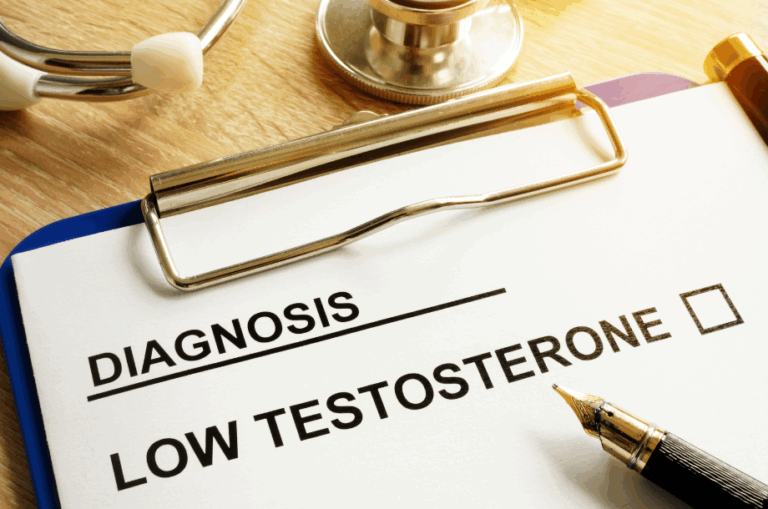A March 2022 review study published in Frontiers in Cellular and Infection Microbiology found that people with alcohol use disorder (AUD) have specific changes in their gut microbiome that include decreases in “good” bacteria like Faecalibacterium, which have anti-inflammatory properties, and Roseburia, which help maintain the integrity of the gut barrier.
Too much alcohol can create a dysbiotic state in the gut with low levels of the beneficial bacteria that protect against inflammation, and high levels of more pathogenic microbes. As a result of these findings, scientists are investigating microbiome-driven treatments for AUD that include improving gut barrier function.
How much alcohol is OK for you depends on your history. If you’re someone who eats a low fiber diet, has taken lots of antibiotics, or has been on acid-blockers for years, your microbiome may already be compromised and more susceptible to the effects of even a small amount of alcohol. If you have minimal risk factors for dysbiosis and a more balanced gut microbiome, then you may be able to get away with consuming moderate amounts of alcohol.








